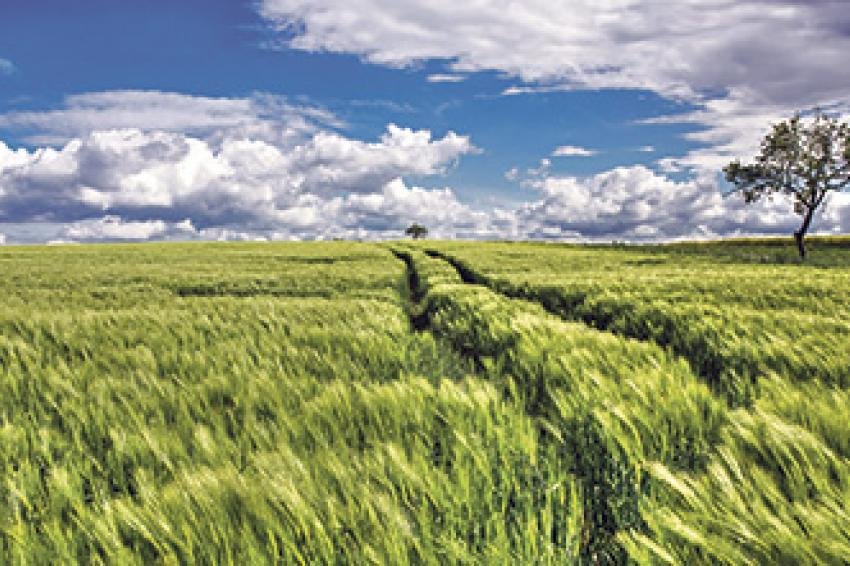WWF-Pakistan, in collaboration with the Laudes Foundation, has introduced the Regenerative Production Landscape Collaborative (RPLC) initiative in Pakistan.
In a landmark endeavor aimed at combatting climate change impacts and revitalizing agricultural productivity, WWF-Pakistan, in collaboration with the Laudes Foundation, has introduced the Regenerative Production Landscape Collaborative (RPLC) initiative in Pakistan.
The initiative, unveiled on Thursday, signifies a pivotal stride towards pioneering new business models and farming techniques, with a particular focus on smallholder farmers, to tackle environmental dilemmas stemming from unsustainable agricultural practices.
The RPLC Pakistan initiative is set to be implemented in the districts of Jhang and Sahiwal in Punjab, alongside Barkhan and Lasbela districts in Balochistan. This strategic rollout echoes successful endeavors in India, Brazil, and Tanzania, highlighting a steadfast dedication to sustainable farming practices and comprehensive landscape management.
Speaking at the launch event, Hammad Naqi Khan, Director General of WWF-Pakistan, underscored the urgent imperative to confront the enduring consequences of unsustainable agriculture.
He emphasized the adverse ramifications of excessive water consumption, chemical dependency, and climate change on crop and soil health, accentuating the heightened vulnerabilities faced by local communities and smallholder farmers. “This initiative will cultivate collaborative endeavors and pioneering strategies to bolster climate resilience and agricultural productivity,” he affirmed.
Anita Chester, Head of the Fashion Programme at Laudes Foundation, expressed fervent anticipation for the RPLC’s inauguration in Pakistan, highlighting its pivotal role in fostering sustainable and regenerative practices within the local ecosystem. She accentuated the substantial benefits poised to empower local farmers and communities towards self-sufficiency and financial independence, while advocating for responsible sourcing practices within businesses.
Ghulam Muhammad Ali, Chairman of the Pakistan Agricultural Research Council (PARC), emphasized the project’s potential to enhance crop productivity and income generation for smallholder farmers. He underscored the significance of embracing sustainable farming methodologies to curtail chemical usage, bolster ecosystem health, and mitigate the impacts of climate change.
Qadir Baksh Pirkani, Special Secretary Agriculture in Balochistan, emphasized the criticality of investing in agriculture to harness the province’s vast cultivable land and address challenges exacerbated by climate change and water scarcity.
Asad Imran, Director of Foods and Markets at WWF-Pakistan, delineated the five-year vision of the RPLC Pakistan project, aimed at revolutionizing soil health, water resource management, and socio-economic empowerment, particularly among local farmers, including women.
The launch of this project marks a pivotal juncture in the pursuit of sustainable practices and the reshaping of agricultural landscapes amid Pakistan’s escalating climate challenges.
The collaboration between WWF-Pakistan and the Laudes Foundation heralds a promising era of innovation and resilience-building within the agricultural sector, underscoring a collective commitment towards fostering a greener, more sustainable future for Pakistan’s agricultural communities.
